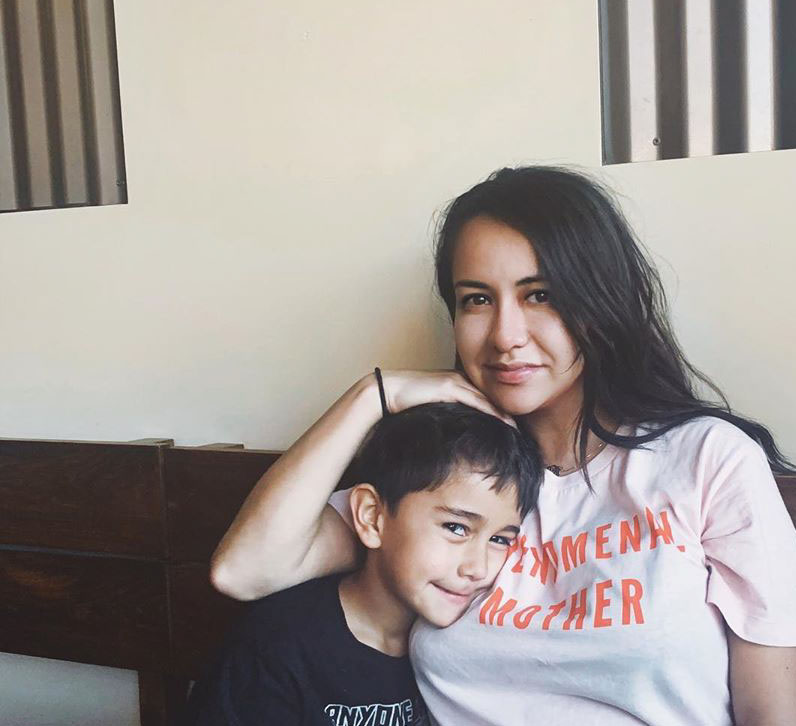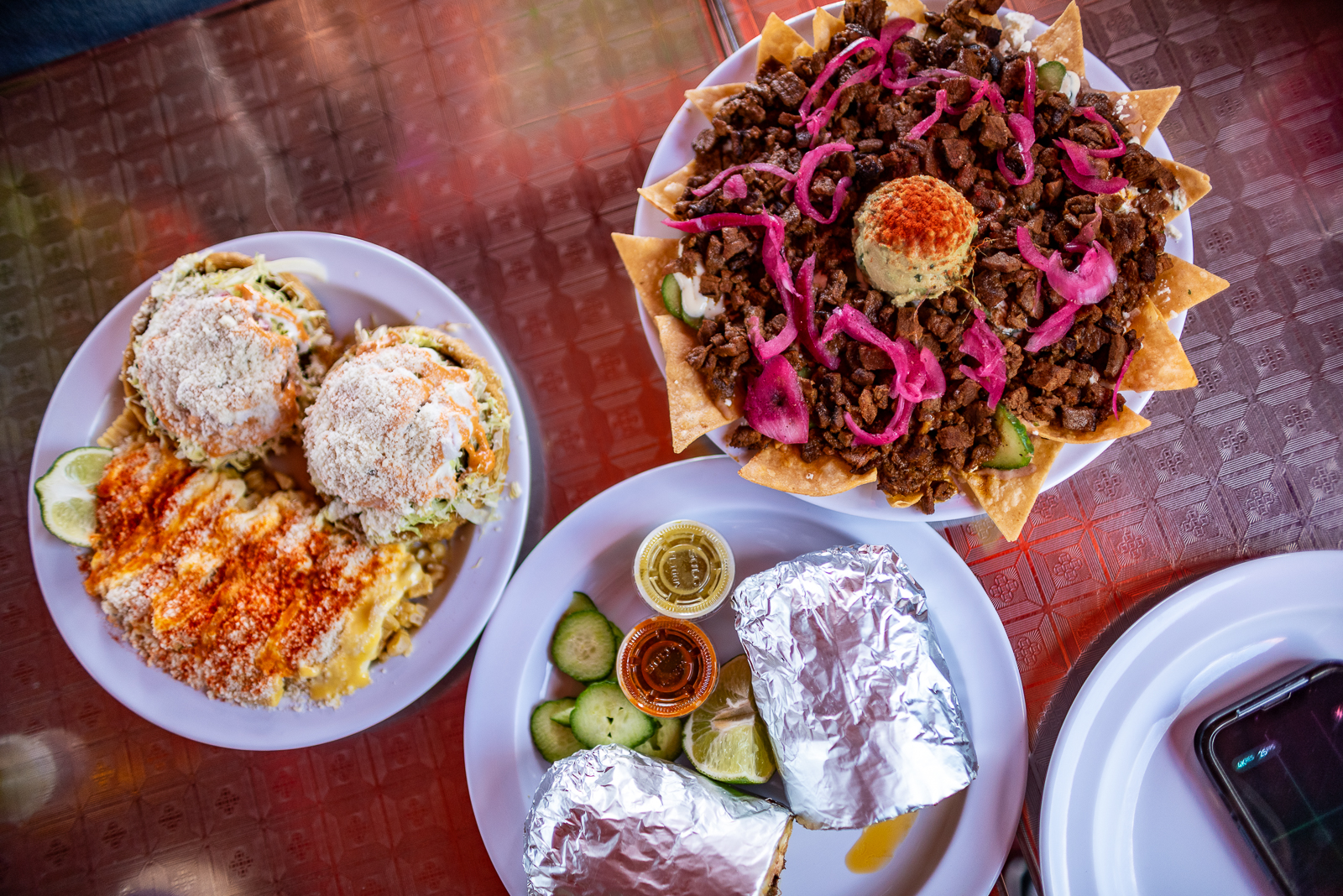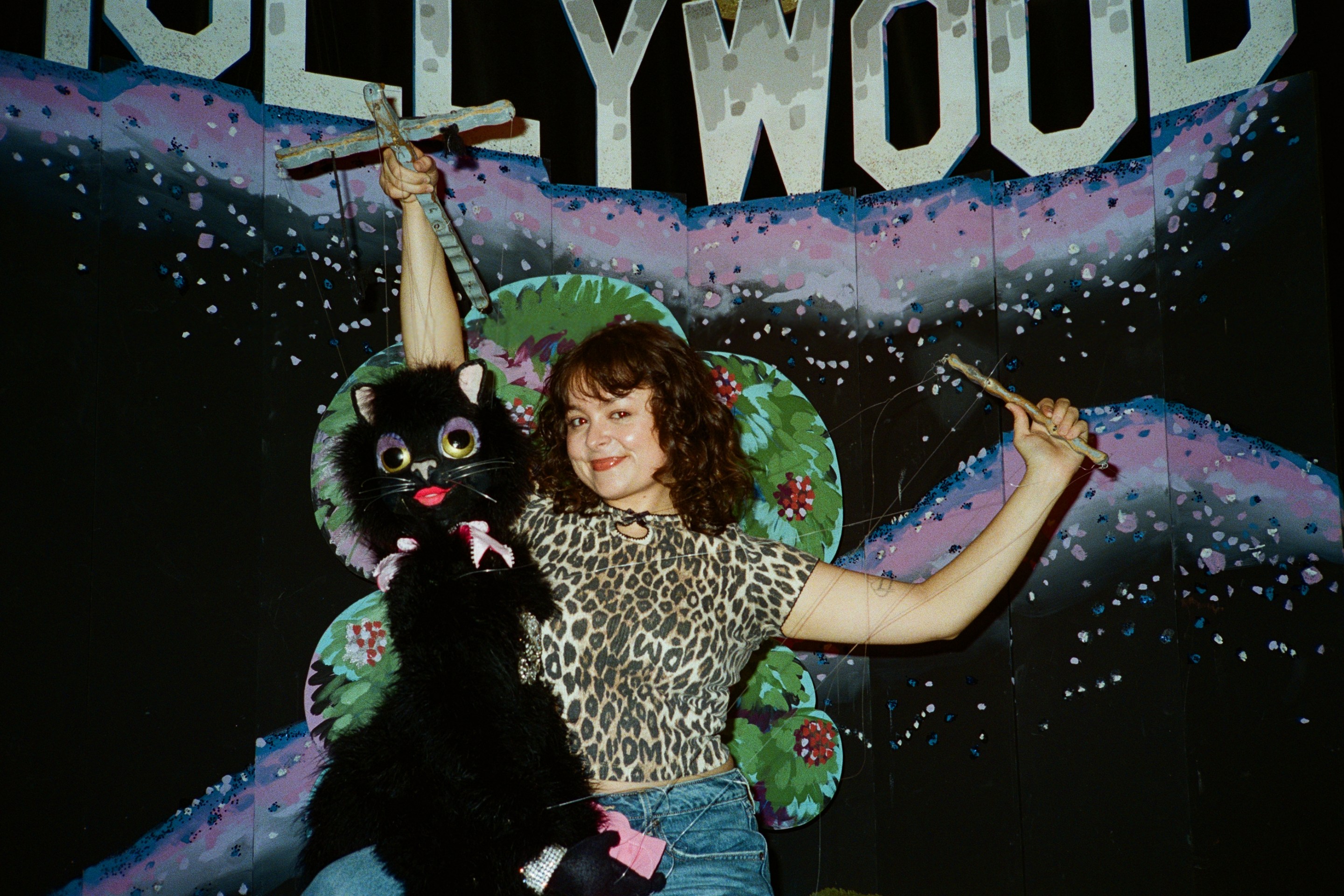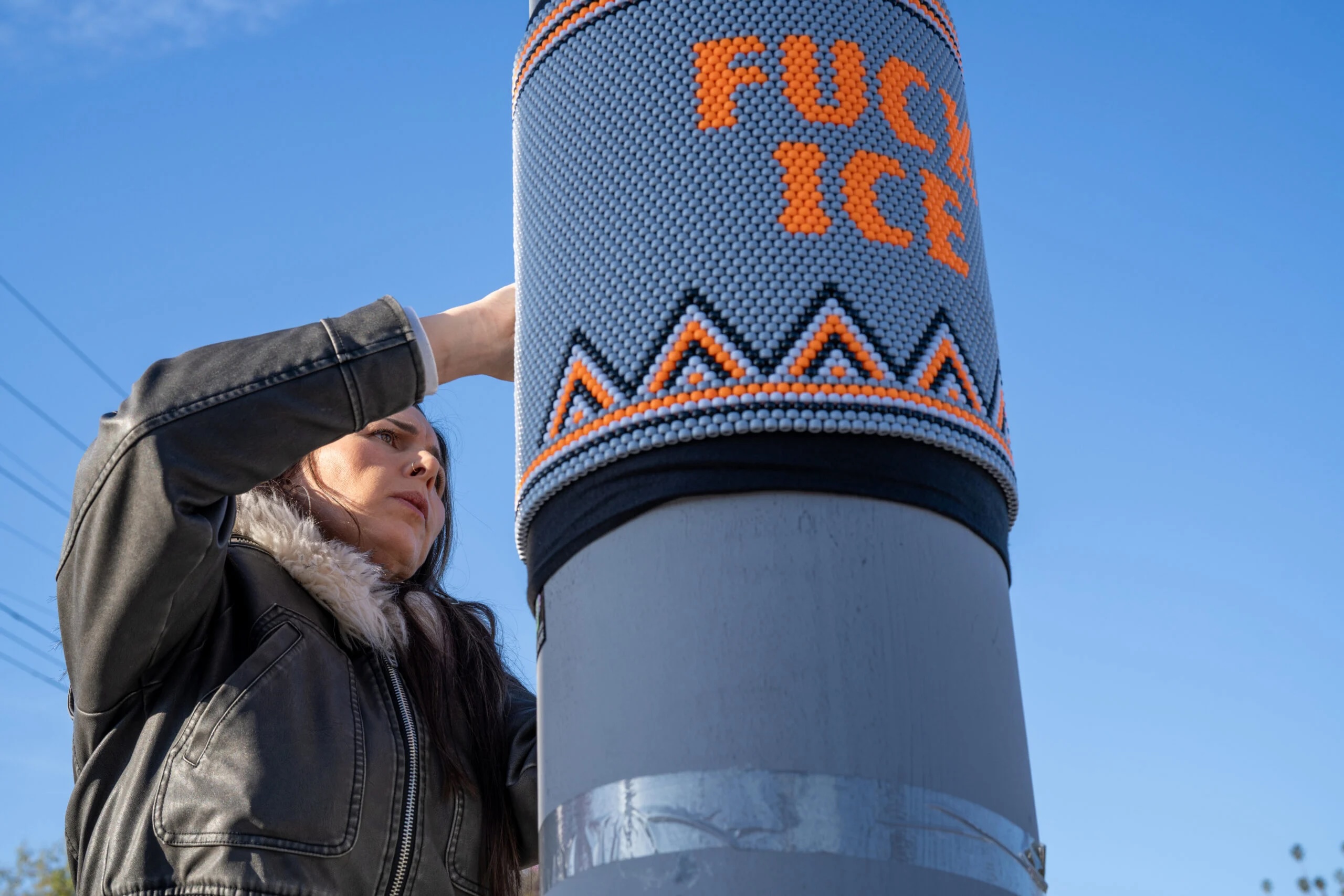[dropcap size=big]L[/dropcap]il’ Libros co-founder and On Air With Ryan Seacrest radio personality Patty Rodriguez didn’t watch the Democratic debates. She didn’t go on a Twitter rant. When she got fed up with all her heartbreaks that came from seeing photos of dead children and reading about babies detained in mass holding camps, she took action.
“I have to do something,” she told L.A. Taco. Within hours, Rodriguez used her social media influence to raise more than $8,000 to buy shoes for recently released children awaiting asylum at Catholic Charities Center in McAllen, Texas. She also partnered with the owner of one of L.A.’s most lauded restaurants, Bricia Lopez, to sell out a special $150-plate charity dinner will all the proceeds going to charities that provide legal aid to separated families.
“My heart breaks. And I feel helpless. And I cannot continue to go about my life without trying to help and I think the best way right now is using our platforms,” Rodriguez wrote to her 90,000 Instagram followers.
Rodriguez isn’t alone. Popular gourmet cotton candy maker Twisted! – founded by Lucia Rios – is in the middle of a fundraiser raffle with the same goal. L.A. social media – and the women of color who dominate it – is increasingly filling a void historically dominated by the charitable arms of big corporations, rich philanthropists, and powerful non-profits.
RELATED: This Taquero Drove His Taco Truck to an Evacuation Site to Feed People Displaced by the Camp Fire
Los Angeles has a rich history of donors funding the arts, health crises, and even charter schools. But most of the fundraising for the crisis at the border is coming from social media campaigns by brown women.
Last year, when the policy to separate and detain families was implemented, Latinx TV showrunners Gloria Calderón Kellett (One Day at a Time) and Tanya Saracho (Vida) led a successful fundraising campaign on Twitter that got various TV writers rooms to donate to groups like Raices.
Social media fundraising is nothing new. But the humanitarian crisis at the border has fomented plenty of outrage and tears, but not necessarily the type of support from big brands that unite the country around natural disaster aid, ice bucket challenges, and six-figure dinners on the Westside.
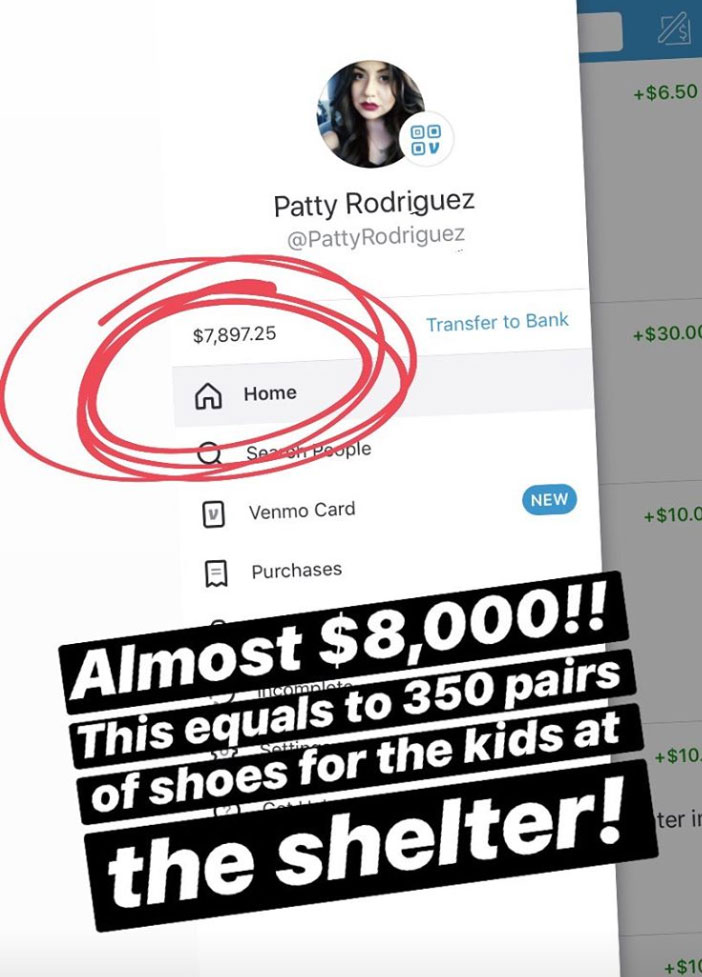
It’s entirely possible that many people of considerable influence in this city have privately contributed to aiding children that the government has deemed criminal. But in their anonymity, they quietly and passively have allowed this crisis to worsen to the point that a photo of a dead migrant father and his daughter appeared above the fold on the front page of the New York Times.
Rodriguez said she was hit particularly hard by the deaths of Óscar Martínez and his 23-month-old daughter, Valeria. They drowned crossing the Rio Grande in desperation after waiting months for an asylum appointment that never came. "It's a horrendous image," Rodriguez says.
Thanks to donations from her Instagram followers, Rodriguez raised enough money to buy 350 pairs of shoes for the migrant children recently released from concentration camps in Texas.
Influential women of color like Rodriguez, Lopez, and Rios are picking up the slack that used to be carried by names like Broad, Getty, and Huntington.
“We have seen the headlines,” says Rodriguez. “Children as young as my little Oliver walking around soiled without diapers - having no one around to hold them and properly love and care for them.”
RELATED: How a Lil Libro on Selena Quintanilla Shot to the Top of Amazon's Best-Seller List
